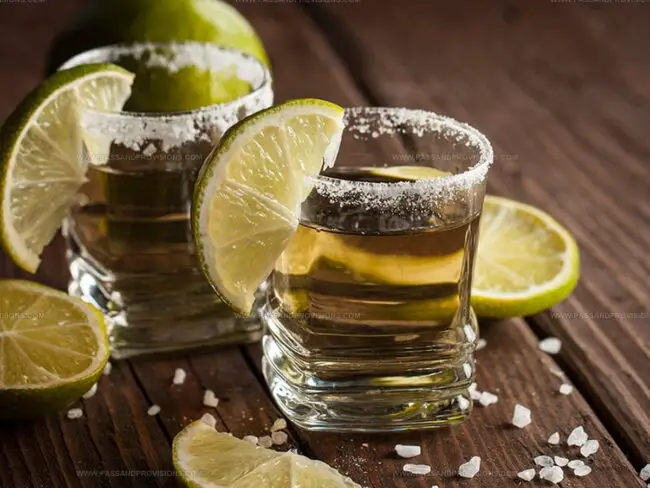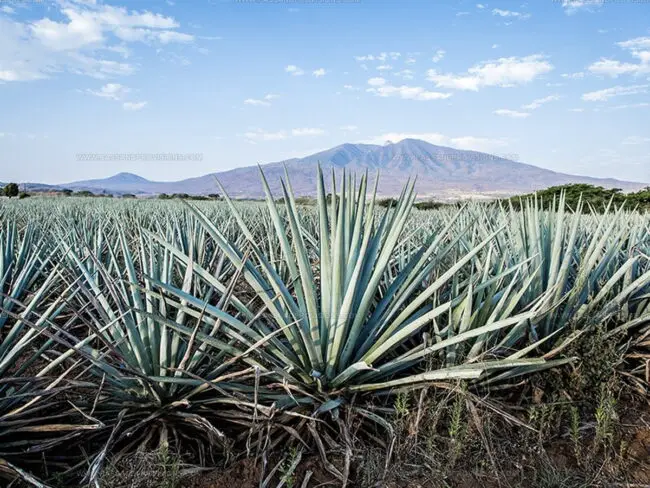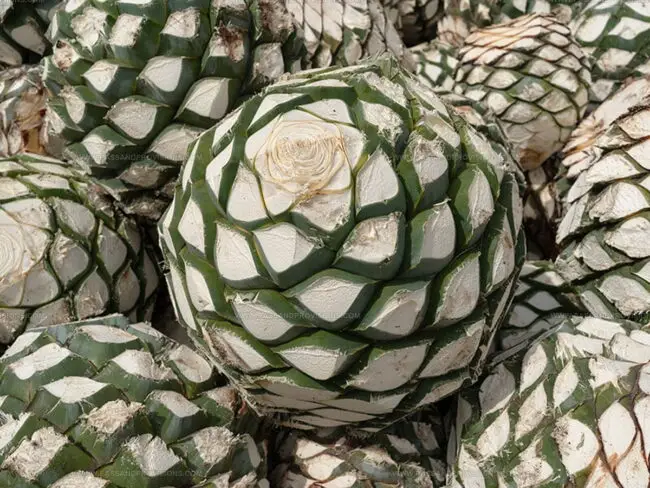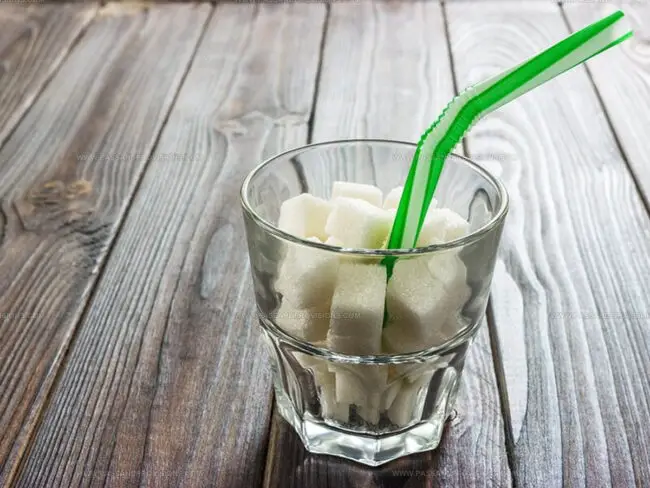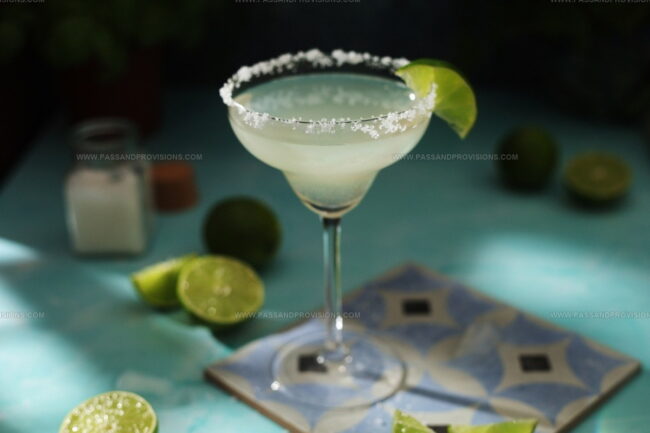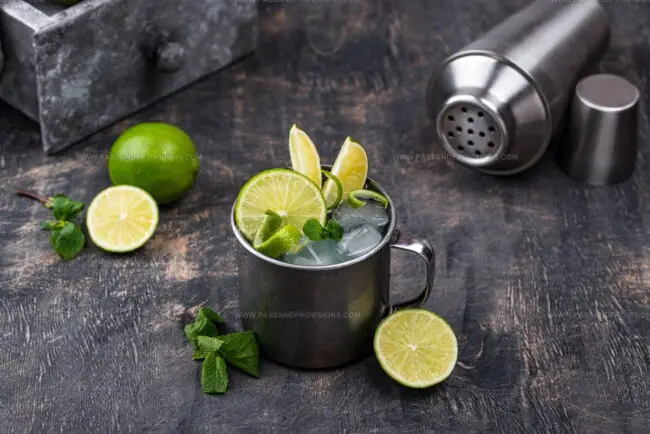Tequila or Vodka: Which Spirit Reigns Supreme?
Tequila and vodka stand as two incredibly popular spirits around the globe, each with passionate fans and distinct characteristics.
The clear liquids might look similar in your glass, but their flavors tell completely different stories.
From Mexico's agave fields comes tequila with its complex, sometimes earthy profile that many enthusiasts adore.
Meanwhile, vodka offers a more neutral taste experience that makes it perfect for countless cocktail creations.
Climate and geography play crucial roles in developing these unique beverages through traditional methods passed down for generations.
Both spirits have fascinating histories dating back centuries, reflecting cultural practices and regional preferences.
True appreciation comes from understanding what makes each of these remarkable drinks special.
Continue reading to learn about the subtle nuances that set these beloved spirits apart.
The World of Tequila Unveiled
Tequila, a distilled liquor made from the sugar of Blue Agave plants, gets its name from the small town of Tequila in Jalisco, Mexico, where its mass production began. Originally known as "Agave wine" or "mezcal Tequila," the drink took its official name from this town.
The word "Tequila" likely comes from the Nahuatl language spoken by the Aztec people, though its exact meaning is uncertain. Tequila is generally divided into two main types: 100% Agave and Tequila Mixto.
100% Agave Tequila is made solely from Blue Weber Agave plants without any added sugars, making it the highest quality form in Mexico. It contains fewer sugars and calories, preserving the pure taste and flavor of the agave.
Tequila Mixto, in contrast, must contain at least 51% agave, with the remaining 49% coming from other sugars. This type is further categorized into five main varieties based on aging and processing:
Exploring Vodka’s Elegance
Vodka, like tequila, is a distilled spirit known for its clear, pure appearance and high alcohol content. Unlike tequila, which is made from Blue Agave, vodka can be produced from almost any fermentable ingredient, such as grains, potatoes, or fruits.
The name “Vodka” comes from the Russian word “Voda,” meaning “water,” highlighting vodka’s signature qualities of clarity, smoothness, and purity.
Vodka generally comes in two main types:
These types vary depending on the base ingredients and production methods used.
Tequila & Vodka’s Shared Traits
Here's a table comparing the similarities of tequila and vodka:
| Shared Traits | Details |
| Type | Both are clear, distilled spirits with high alcohol content (40-50% ABV per standard shot). |
| Production Process | Undergo distillation to concentrate alcohol and purify the spirit. |
| Base Ingredients | Origin from fermented ingredients (agave for tequila; grains, potatoes, or others for vodka). |
| Consumption | Commonly consumed neat, in shots, or as cocktail bases. |
| Taste Profile | Known for smooth, clean taste compared to undistilled alcoholic beverages. |
| Regulations | Subject to strict production and labeling regulations to ensure authenticity. |
| Gluten Content | Generally gluten-free (vodka depends on source), suitable for gluten-intolerant individuals. |
| Cultural Significance | Popular worldwide and culturally important in their regions of origin. |
Tequila vs Vodka: The Differences
Tequila or vodka come with their own unique characteristics that set them apart from each other.
This table show you a quick overview about their differences.
| Aspect | Tequila | Vodka |
| Origin & History | Originates from Jalisco, Mexico; rooted in Aztec agave fermentation dating back centuries. | Origin likely from Poland or Russia (8th-9th century); widely popular in Europe and beyond. |
| Main Ingredient | Made exclusively from Blue Weber Agave plants. | Made from a variety of fermentable materials like potatoes, grains (wheat, rye, rice), etc. |
| Production Process | 6 stages: harvesting agave, baking piña, juice extraction, fermentation, distillation, aging. | 7 stages: ingredient prep, fermentation, straining, distillation, sorting, dilution, filtration. |
| Aging Categories | Blanco, Joven (Gold), Reposado, Añejo, Extra Añejo with varying aging times. | Typically unaged; flavors sometimes added during or after distillation. |
| Taste & Flavor | Earthy, mildly sweet with a burning sensation; rich agave flavor. | Neutral to slightly sweet; generally odorless and plain, with strong alcohol burn. |
| Drinking Style | Often drunk neat with lime and salt; also mixed with fruit juices. | Served chilled, with ice, or mixed in cocktails and with various beverages. |
| Flavor Complexity | Distinct, rich, and textured. | Neutral, clean, and smooth. |
Origin And History
Tequila: Originates from Jalisco, Mexico; dates back to 250-300 A.D. Aztecs used Agave to make pulque.
Mass production started in the 17th century in Jalisco.
Vodka: Likely originated in Poland or Russia around the 8th-9th century.
Initially consumed mostly in Europe, now globally popular but still associated with its origins.
Main Ingredient
Tequila: Made only from the sugar of Blue Weber Agave plants, grown mainly in specific Mexican states.
Vodka: Made from various fermentable materials like potatoes, wheat, rye, rice, or other starchy crops.
Production Process
Tequila:
1. Harvest Agave plants (5-7 years old).
2. Bake the “piña” core to convert starch to sugars.
3. Extract juice (Mosto).
4. Ferment juice with water and yeast (2-5 days).
5. Distill twice or more to concentrate alcohol.
Vodka:
1. Prepare raw ingredients by heating with water to convert starch.
2. Add enzymes/malt (for potatoes), then ferment 1-2 weeks.
3. Strain solids, leaving ~16% alcohol liquid.
4. Distill 1-2 times (more for purity).
5. Sort out impurities, may redistill.
6. Dilute to ~40% ABV.
7. Filter to clarify and purify.
Taste And Flavor
Tequila: Earthy and mildly sweet from agave, with a strong burning sensation after swallowing.
Vodka: Neutral to slightly sweet, odorless or plain, but can cause a burning feeling due to high alcohol concentration.
Drinking Style
Tequila: Often sipped neat with lime and salt or mixed with fruit juices.
Vodka: Popular as a neutral base for cocktails; served chilled, with mixers, or on its own for those appreciating subtle flavor differences.
Hangover
Most people in America consider tequila their biggest hangover enemy among all alcoholic drinks. For a more gentle morning-after experience, experts suggest choosing 100% agave tequila, which ranks as the highest quality option.
Vodka surprisingly stands out as less likely to cause those dreaded morning headaches compared to other spirits. Just remember that excessive consumption of any alcohol, including vodka, remains the true culprit behind your worst hangovers.
Safety
Tequila stands out as a somewhat healthier choice because it has fewer sugars and calories compared to other liquors on the market. Vodka offers its own set of benefits by potentially supporting heart health and helping to lower stress levels when consumed responsibly.
Both drinks should be avoided completely by pregnant women due to serious health risks for the developing baby. People taking medications should also be careful since alcohol can interfere with how drugs work in the body, sometimes creating dangerous side effects.
Effect Of Tequila And Vodka
Tequila and vodka might offer a few perks, but these can't outweigh the problems that come with too much alcohol. Your body responds to these drinks as it would to any chemical substance - with potential harm when consumed beyond reasonable limits.
Short-Term Effects
Tequila and vodka pack more alcohol than many other drinks, quickly influencing your system after just a few shots. When consumed in small amounts, these spirits create a pleasant warmth throughout your body as blood vessels expand without harmful effects.
As more drinks flow, the alcohol targets your brain and nervous system, leading to that dizzy feeling where words don't come out right and everything looks a bit blurry – possibly setting you up for tomorrow's headache.
Long-Term Effects
Too many drinks, whether vodka, tequila, or any other type, leads to harmful outcomes for your health. Many people don't realize that excessive alcohol intake damages vital organs like the liver and heart over time.
Your brain function also suffers, making simple tasks harder and affecting memory. Regular heavy drinking raises blood pressure, disrupts sleep patterns, and weakens your immune system.
The social consequences are equally serious - relationships break down, work performance drops, and financial problems often follow.
Tips To Not Get Drunk
Eat Well Before Drinking: Having a full meal, especially with fats and proteins, slows alcohol absorption and helps you stay sober longer.
Drink Water Between Alcoholic Drinks: Staying hydrated by alternating alcoholic beverages with water reduces intoxication and prevents dehydration.
Pace Yourself and Know Your Limits: Sip your drinks slowly, avoid binge drinking, and listen to your body to stop before you get too intoxicated.
More Facts about Vodka and Tequila
False. To be labeled “Tequila,” it must be made from at least 51% Blue Agave and produced in specific Mexican states like Jalisco, Guanajuato, Michoacán, Nayarit, or Tamaulipas.
False. The worm is actually a caterpillar found in some Mezcal bottles, not Tequila.
Mezcal and Tequila are different spirits.
False. While traditionally made from potatoes, vodka can now be produced from any fermentable sugar or starch source.
False. Vodka flavors vary from neutral to slightly sweet, depending on the base ingredient and production region.
Common Cocktails Recipes with Tequila or Vodka
Popular cocktails make tequila and vodka shine in very different ways, depending on what you enjoy most.
Tequila Cocktails
Vodka Cocktails
Got Questions? We’ve Got Solutions
1. What's the best way to drink tequila?
Tequila is best enjoyed neat in a tequila glass, sipped slowly to appreciate its flavors. It's also fantastic in cocktails like margaritas, palomas, and tequila sunrise. Some people enjoy it with salt and lime using the lick-sip-suck method.
2. Can I substitute vodka for tequila in cocktails?
You can substitute vodka for tequila, but the flavor profile will change significantly. Vodka is neutral, while tequila brings distinctive agave flavors. Drinks like margaritas will taste completely different with vodka.
3. Does tequila or vodka have more calories?
They're quite similar in calorie content. One shot (1.5 oz) of tequila or vodka contains about 97-98 calories. The difference is negligible, but mixers added to either can significantly increase the calorie count.
4. Which causes worse hangovers, tequila or vodka?
Premium, 100% agave tequila typically causes less severe hangovers than vodka because it contains fewer congeners (impurities). However, mixing either with sugary beverages or drinking excessively will worsen hangovers regardless of your choice.

